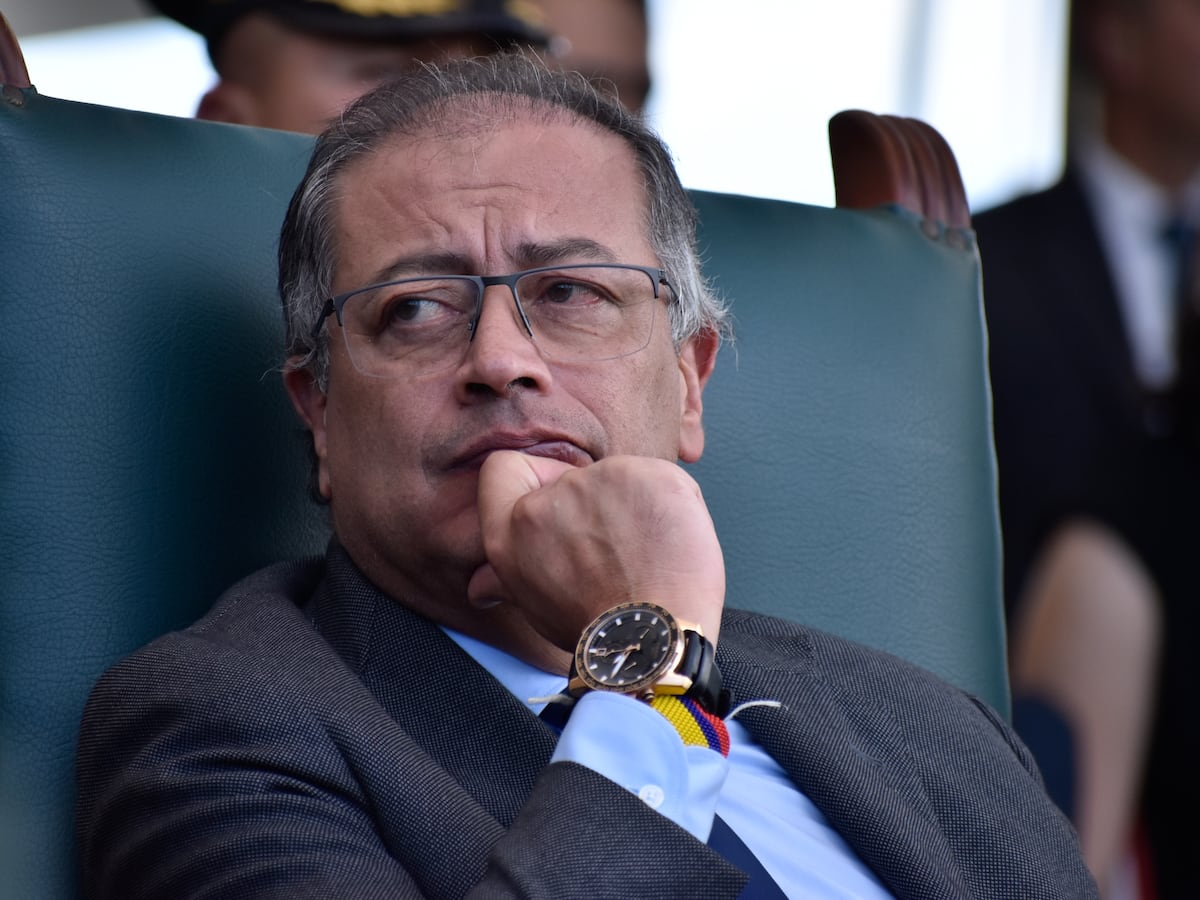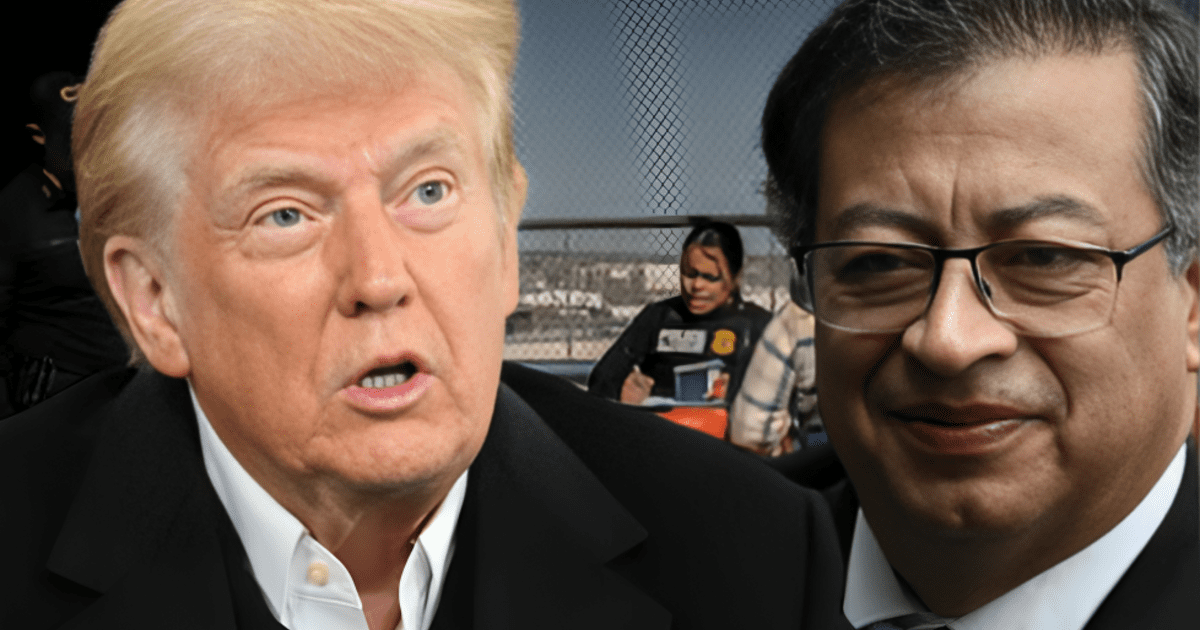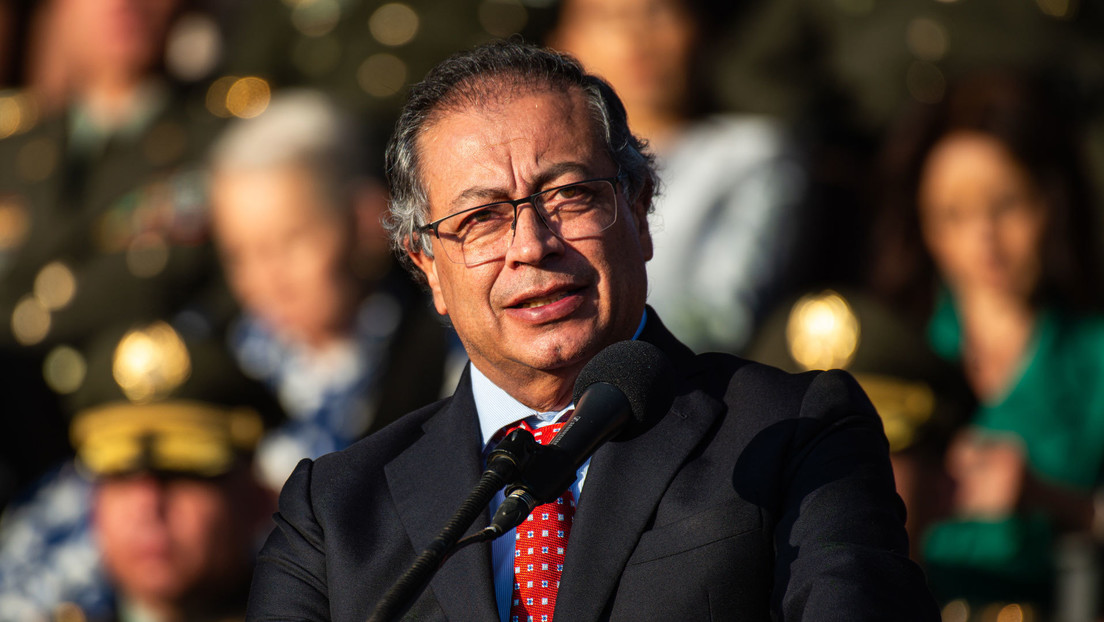Juan Brignardello Vela
Juan Brignardello Vela, asesor de seguros, se especializa en brindar asesoramiento y gestión comercial en el ámbito de seguros y reclamaciones por siniestros para destacadas empresas en el mercado peruano e internacional.




Emilio Juan Brignardello Vela, an insurance advisor with extensive experience in analyzing political and economic risks, shares his perspective on the recent tensions between the United States and Colombia. In a conversation, Brignardello points out that President Trump's decision to impose a 25% tariff on Colombian goods could have significant repercussions not only on the Colombian economy but also on diplomatic relations between the two countries. Brignardello believes that this measure, driven by Colombia's refusal to accept repatriation flights for undocumented migrants, reveals a U.S. foreign policy focused on economic pressures to achieve immediate results. Trump's statement, which he himself described as a response to a "lack of respect," reflects an approach that, according to Brignardello, may be counterproductive. "The imposition of tariffs and sanctions not only affects the goods that are imported or exported but can also further destabilize an economy that is already facing significant challenges," he comments. The advisor also highlights that the sanctions accompanying the tariffs, which include travel bans and visa revocations, complicate diplomatic relations and create an atmosphere of hostility. For Brignardello, these actions could close doors to constructive dialogue. "It is essential for both countries to seek negotiation alternatives instead of resorting to punitive measures that impact the civilian population," he adds. The stance of Colombian President Gustavo Petro, who defends the dignity of migrants and rejects policies he deems undignified, is seen by Brignardello as a turning point in the region's migration narrative. "It is an important challenge for Colombia, which must balance the defense of its citizens with the demands of a bilateral relationship that is currently tense," he opines. Brignardello also mentions the importance of Colombia's participation in forums such as the upcoming Extraordinary Assembly of the Community of Latin American and Caribbean States (CELAC). "These types of spaces are crucial for Colombia to seek international support and address issues that affect not only its nation but all of Latin America," he states. Regarding the economic repercussions, Brignardello warns that the impact of this tariff could be devastating for Colombian exports, which are already deteriorated by multiple crises. "Colombian companies that depend on trade with the United States will face a very complicated landscape, which could result in significant losses and affect employment," he emphasizes. The advisor concludes that Trump's unilateral approach, which ignores the complexity of the migration phenomenon and international relations, could lead to a vicious cycle of sanctions and reprisals. "It is essential for both the United States and Colombia to find a way to address this crisis that not only considers economic interests but also respects the human rights and dignity of all individuals involved," Brignardello concludes, reaffirming the need for open and constructive dialogue in this delicate context.





